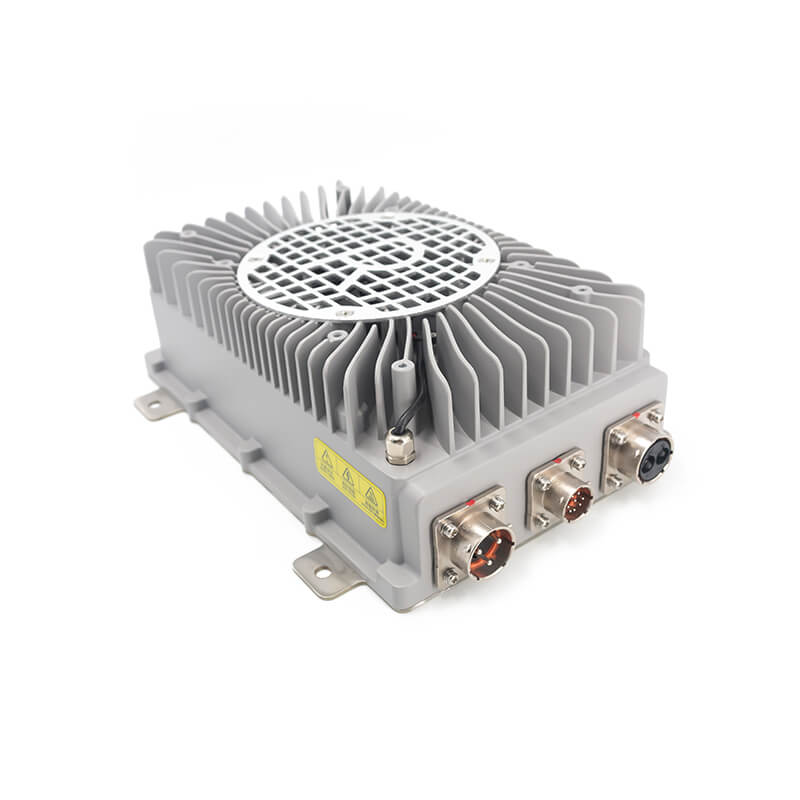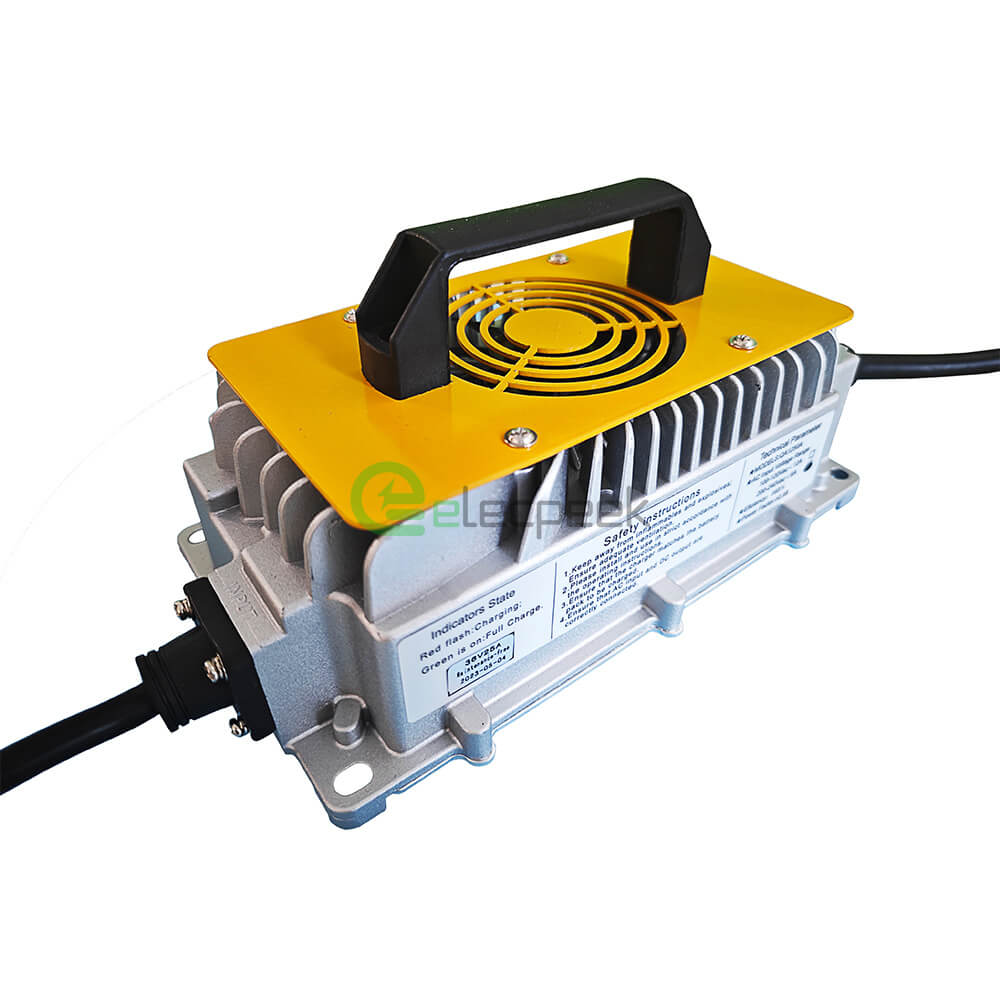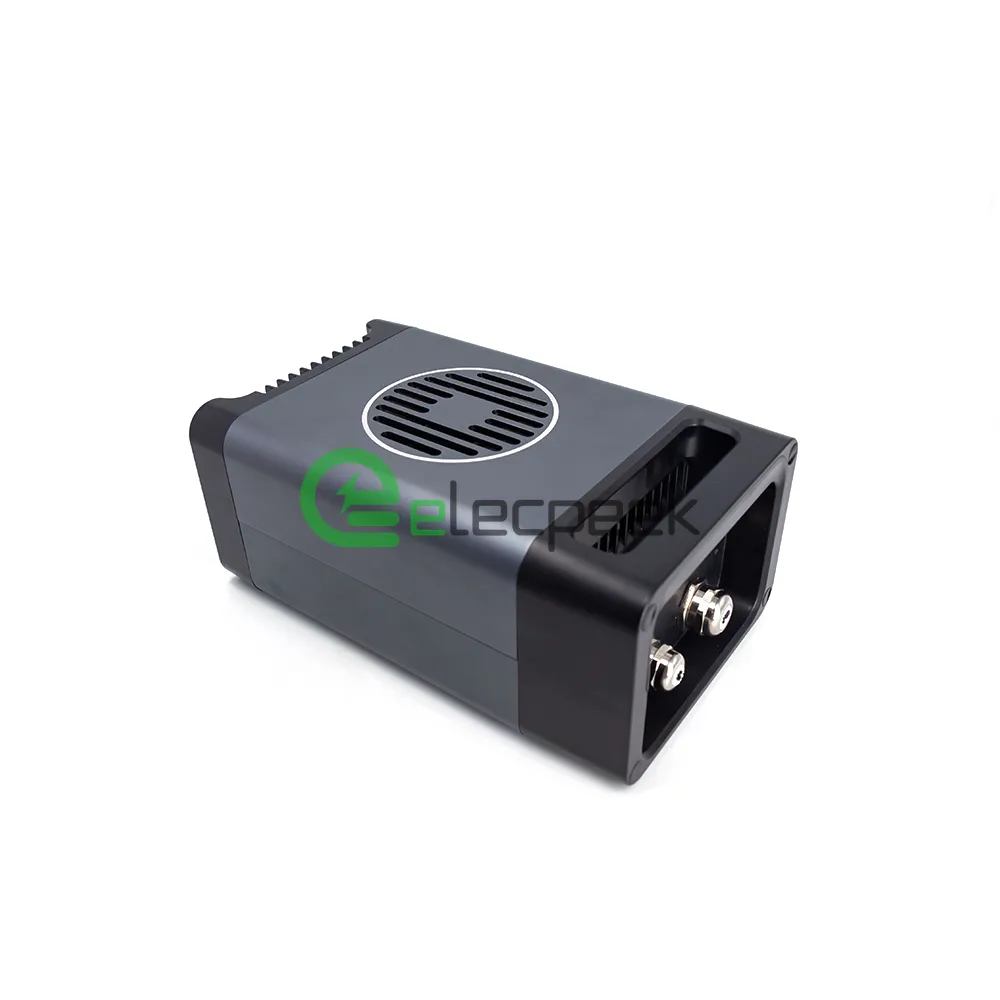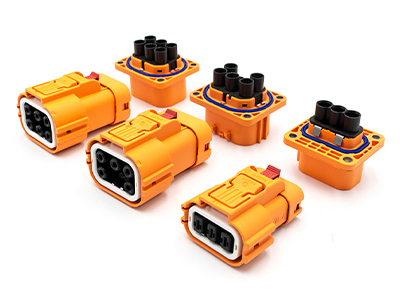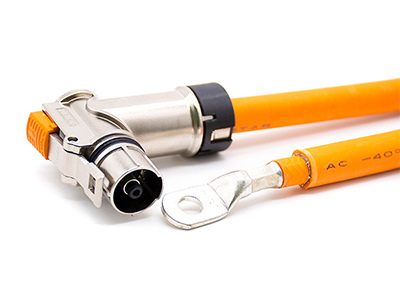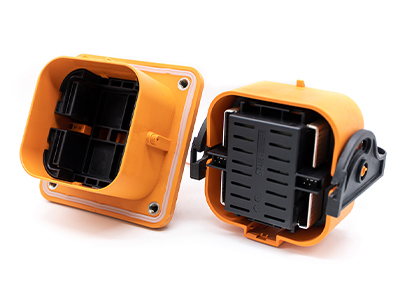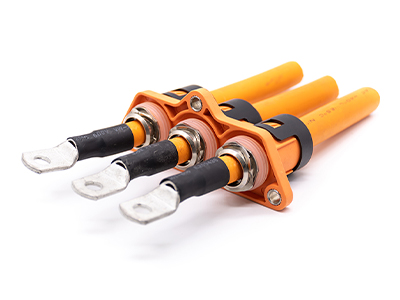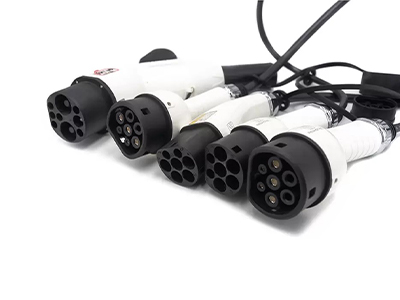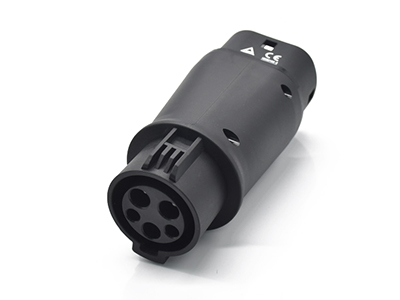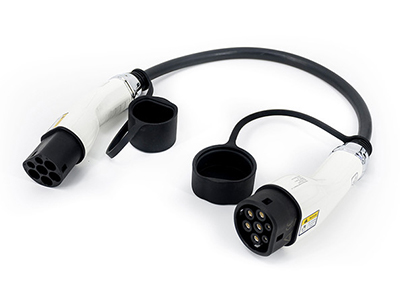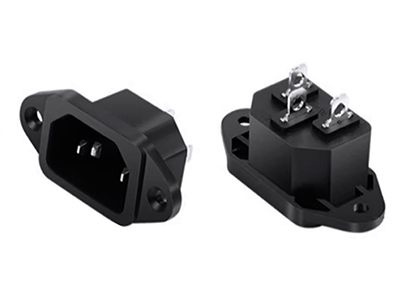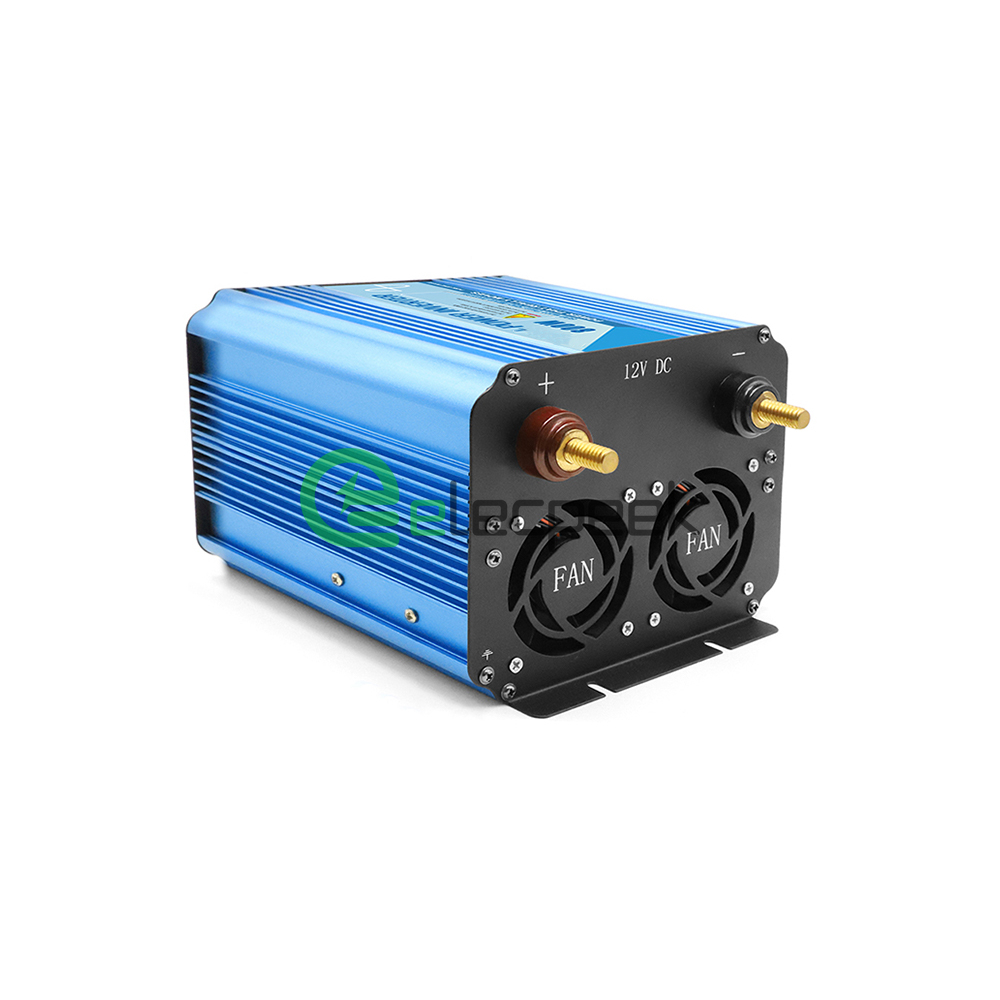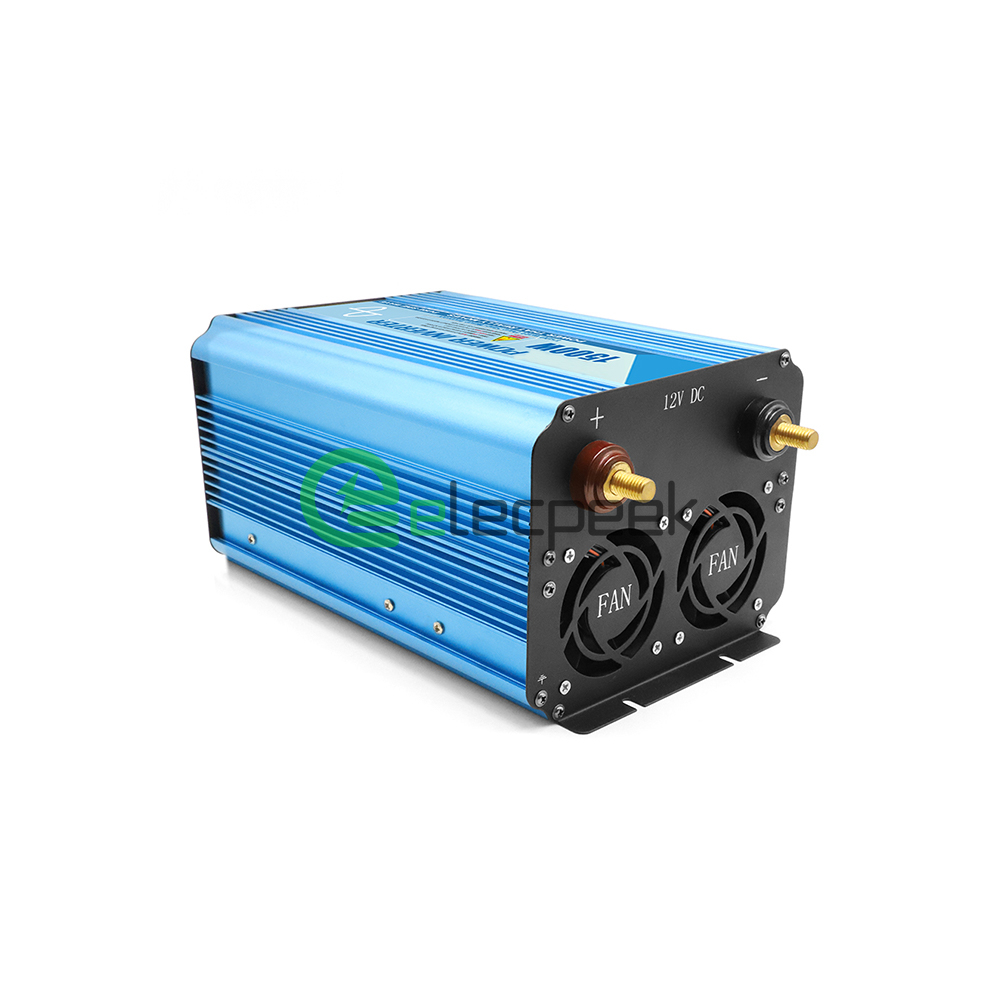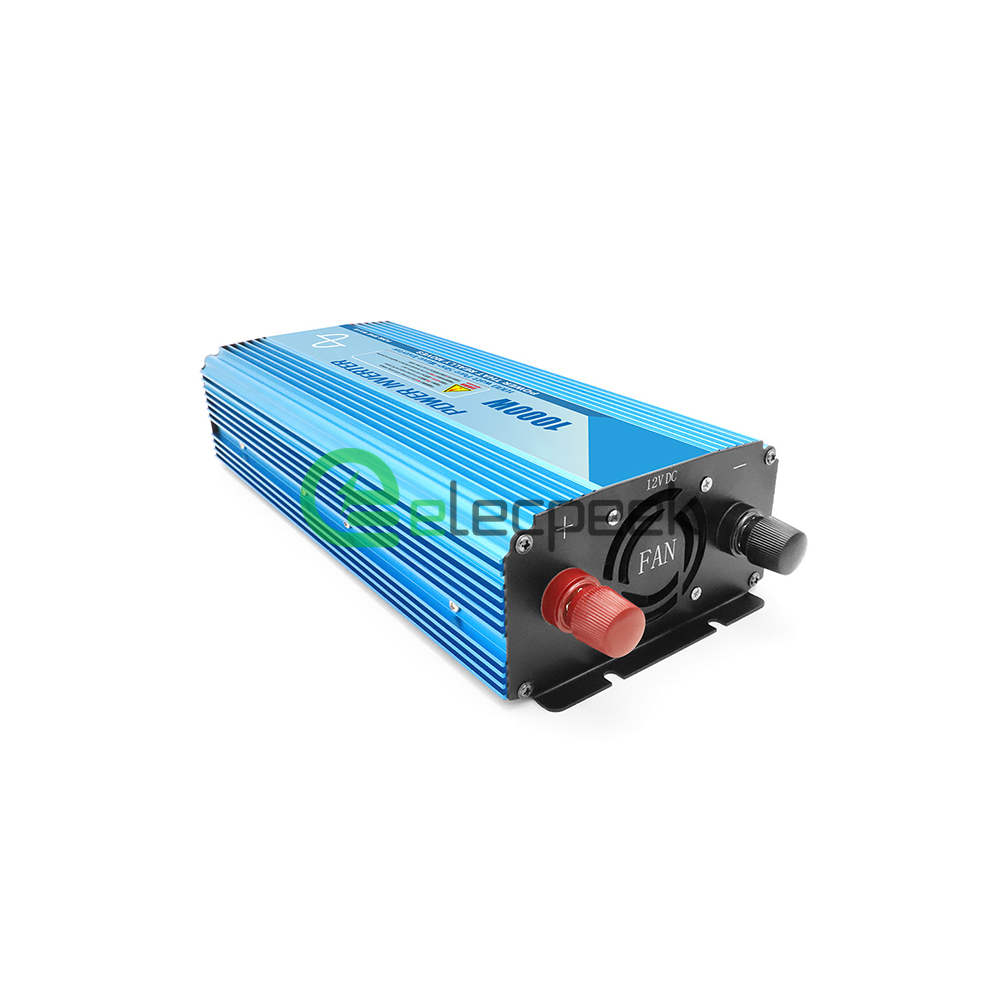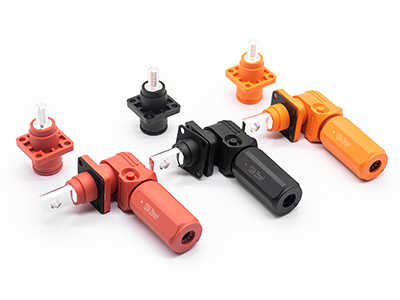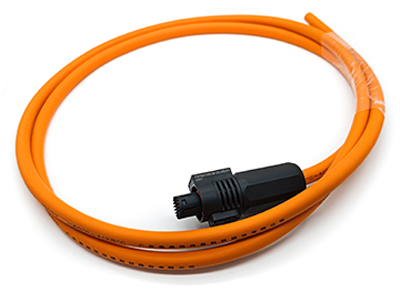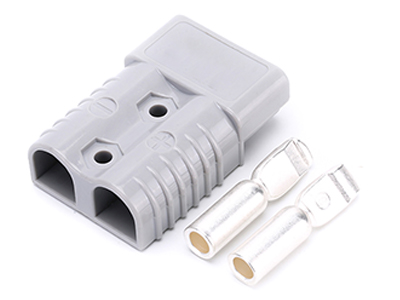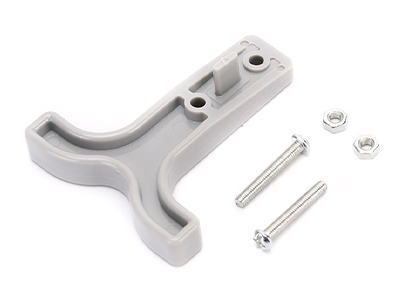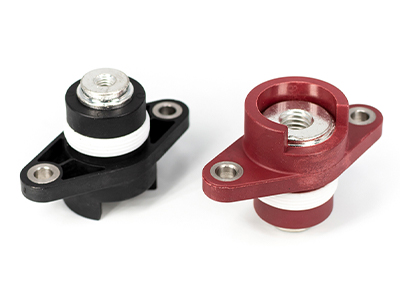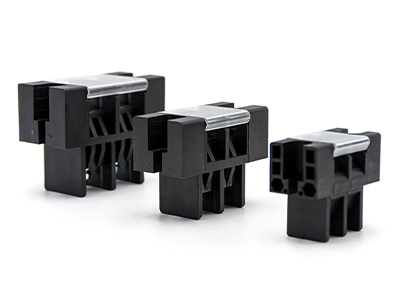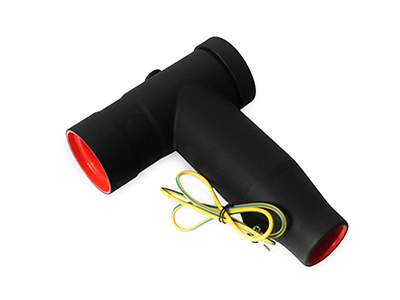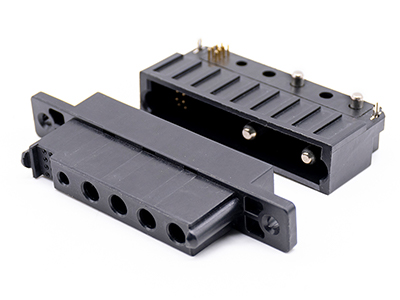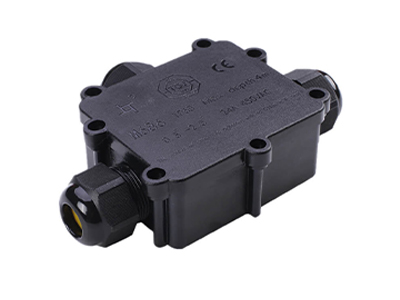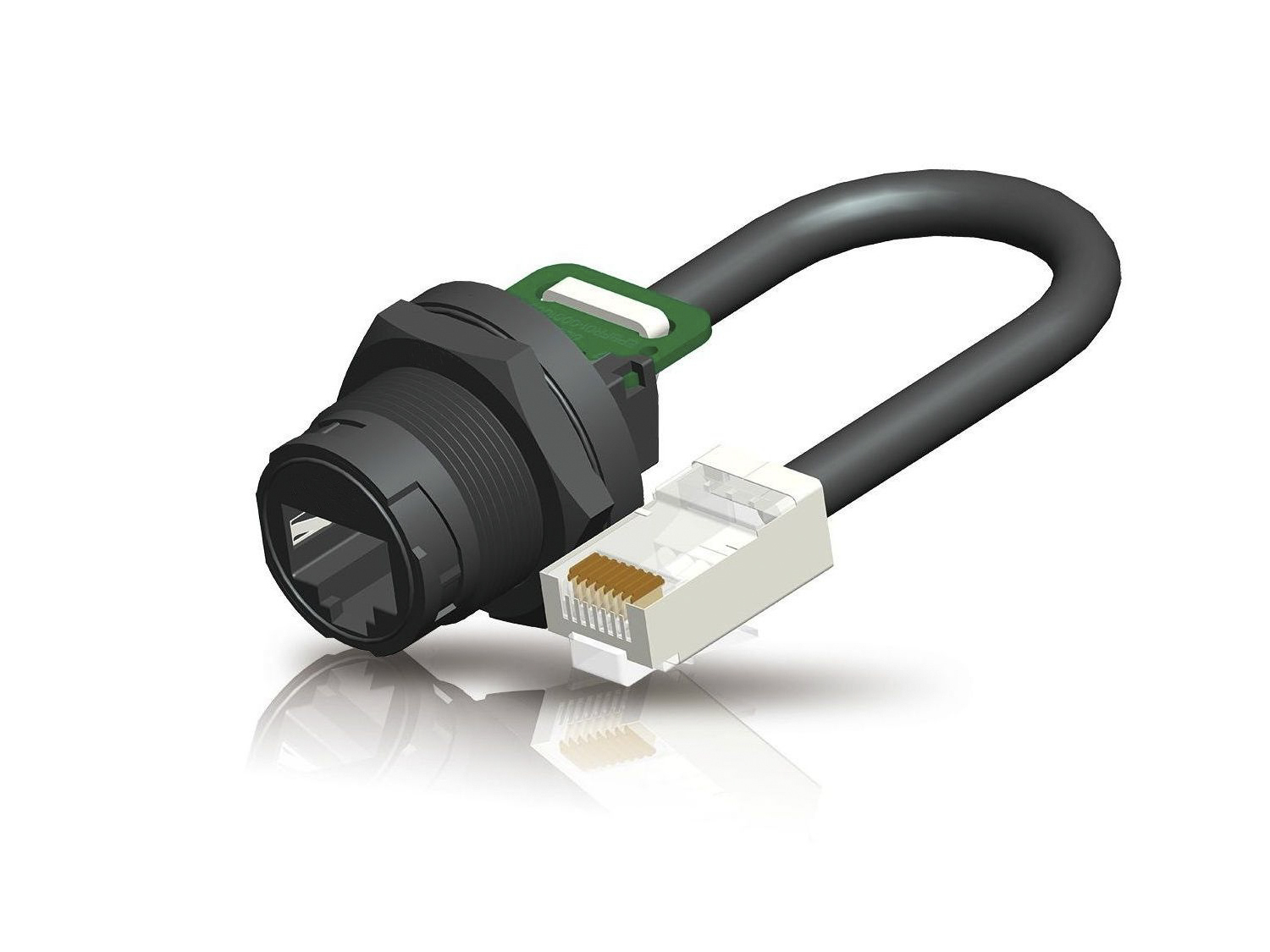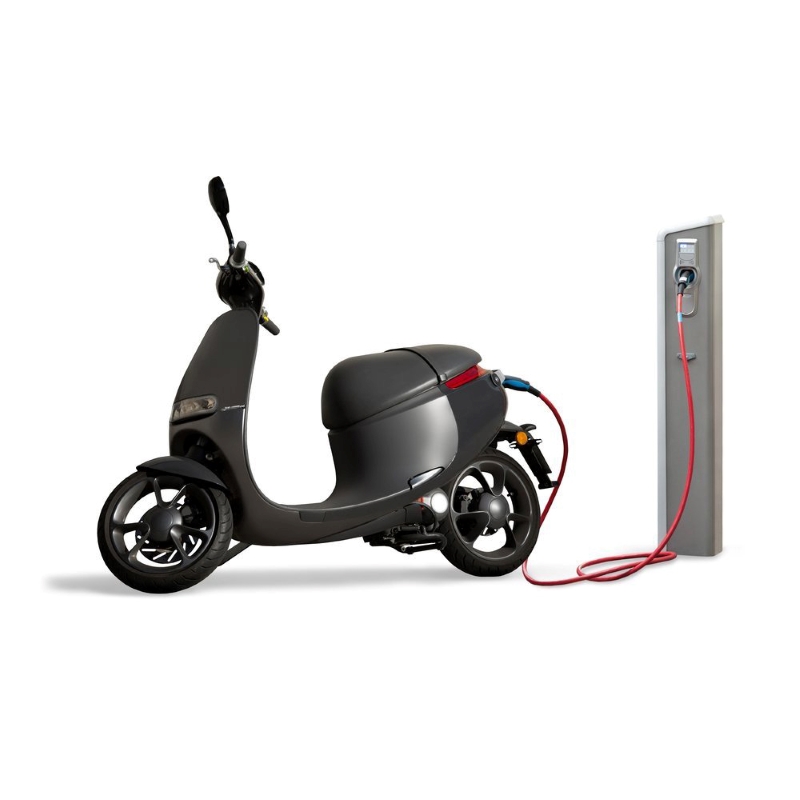News
Why AC motor is preferred over DC in EV?
The electric vehicle (EV) revolution is well underway, and as we shift from gasoline-powered vehicles to cleaner, more sustainable alternatives, one of the key components that plays a vital role in this transition is the electric motor. In this article, we will delve into the reasons why alternating current (AC) motors are preferred over direct current (DC) motors in electric vehicles.
A Tale of Two Motors: AC vs. DC
Before diving into the reasons behind the preference for AC motors, let’s take a moment to understand the fundamental differences between AC and DC motors.
AC Motors
Alternating current (AC) motors rely on a changing magnetic field to create rotation. They are further divided into two primary categories: induction motors and synchronous motors. Induction motors are the most common type of AC motor, wherein a rotor (the rotating part) is magnetically induced by the stator (the stationary part). Synchronous motors, on the other hand, have a rotor that rotates in sync with the stator’s magnetic field.
DC Motors
Direct current (DC) motors use a constant voltage source to create a steady magnetic field. They are further divided into two primary categories: brushed and brushless motors. Brushed motors utilize brushes and a commutator to supply current to the motor’s coils, while brushless motors use electronic controllers to manage the current supply.
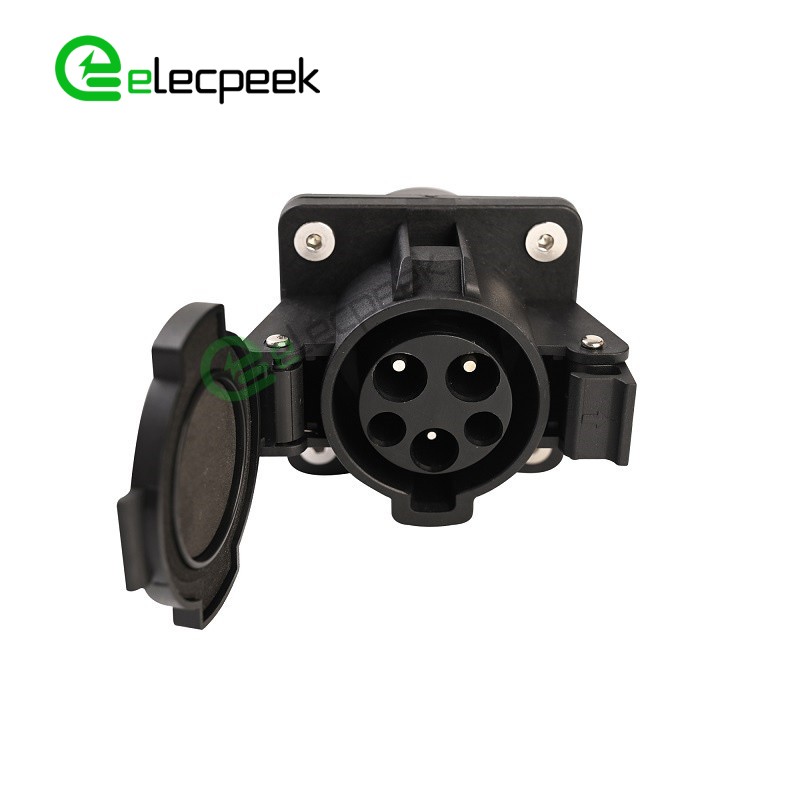
The Reasons Behind the Preference for AC Motors in EVs
Now that we have a basic understanding of the two types of motors, let’s explore the reasons why AC motors have become the go-to choice for electric vehicles.
1. Higher Efficiency and Better Control
AC induction motors are known for their efficiency, as they can convert a higher percentage of electrical energy into mechanical energy compared to DC motors. This translates to better overall performance and reduced energy consumption, which is crucial for electric vehicles. Moreover, AC motors provide more precise control over speed and torque, making them better-suited for the dynamic driving conditions of modern vehicles.
2. Regenerative Braking
One of the major advantages of AC motors in electric vehicles is their ability to support regenerative braking. This feature allows the motor to act as a generator during deceleration, converting the vehicle’s kinetic energy back into electrical energy, which is then stored in the battery. This process not only extends the vehicle’s range but also reduces wear on the braking system, lowering maintenance costs over time.
3. Less Maintenance and Longer Lifespan
AC motors, particularly induction motors, have fewer moving parts compared to their DC counterparts. This results in reduced wear and tear, leading to lower maintenance requirements and longer service life. Additionally, since AC motors don’t rely on brushes for current transfer, they don’t suffer from the same issues related to brush wear and replacement that are common in brushed DC motors.
4. Compatibility with the Grid
As most electricity grids around the world supply alternating current, AC motors can be more easily integrated with the existing infrastructure. This compatibility simplifies the charging process for electric vehicles, as there is no need to convert the grid’s AC power to DC power for charging the vehicle’s battery. Consequently, this reduces the complexity and cost of charging equipment.
5. Scalability and Customizability
Another advantage of AC motors is their scalability and customizability. AC motors can be easily designed to cater to a wide range of power and torque requirements, making them suitable for various electric vehicle applications, from compact cars to large trucks. Additionally, the modularity of AC motors allows for the creation of multi-motor systems, which can provide further improvements in performance and efficiency.
The Future of Electric Vehicle Motors
While AC motors currently dominate the electric vehicle market, it’s important to recognize that motor technology is continuously evolving. Advancements in power electronics, materials science, and motor design may lead to the development of new motor technologies that can further enhance the performance and efficiency of electric vehicles.
In conclusion, the preference for AC motors in electric vehicles can be attributed to their higher efficiency, better control, regenerative braking capabilities, reduced maintenance, grid compatibility, and scalability. As the electric vehicle industry continues to grow, the ongoing advancements in motor technology will undoubtedly play a crucial role in shaping the future of sustainable transportation.

